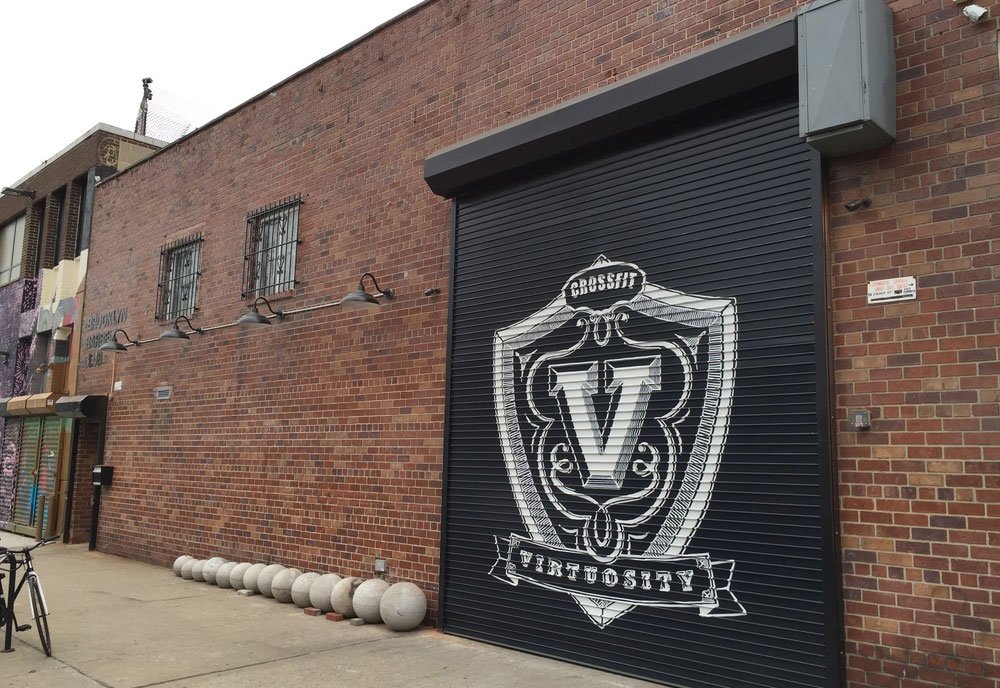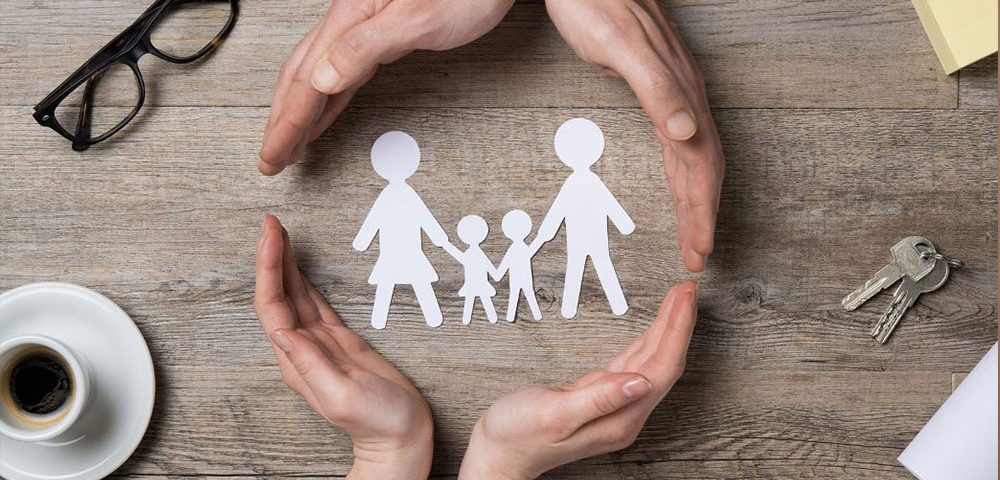
CrossFit Virtuosity: Ivan Dimov’s Ambitious Plan
24.03.2017
“Embrace Diversity. It’s Good Business v1.0” Event
19.04.2017
For You, Dear Parents
Ok, if you are reading this, then chances are you are experiencing one or more of the following:
“I have the feeling that my son might be gay.”; “I just found out that my daughter is lesbian.”; “A family member just shared with me that my daughter truly believes that she is a boy born in a girl’s body.”...
Scary, confusing, (even) mind-blowing – these are just some of the initial emotions that you might feel. Some parents report rage and disappointment. We can understand that – it is normal to feel off-balance when the social expectations that you project towards your child’s life, somehow got into a different direction.
But think about this – if your child was left-handed would you feel that way towards them? 30 years ago you would. Social expectation about left-handed people back then was that they would end up in prison, they have a mental disability, and they should definitely be taught to use their right hand. Left-handed people and LGBTI people represent about the same percentage in the population. Thankfully, at present it is proven that the change by force in the dominant hand which a person uses in everyday life can have severe consequences for their brain’s development. So, parents and teachers learned that they should leave left-handed children alone.
It is perfectly OK to be left-handed now. So, think back to your child – being gay is not all that your kid is. Sexual orientation is just one of the many attributes of your child’s personality. So, as OK as it is to feel all these emotions that we mentioned above, we hope that you will open your heart for the love that your child needs. Now more than ever, because your child really needs you.
What will I find in this article?
While we would like to present in this article some of the stages which parents report to be going through after the coming out of their children, we do realize that each journey is unique and each parent-child relationship is special in its own terms. Use this as a reference only, while keeping in mind that every family context is different. And please get in touch with us if you need someone to talk to.
Denial
You might think that...
this is just a phase and your kid has just not found a special someone (from the opposite sex).
These are statements related to the so called “denial” phase, when you probably don’t want to accept the reality of your child’s sexual orientation or gender identity. If you continue to be in that stage for too long you will lose connection with your kid. If sexual orientation becomes a “taboo” topic in your family and no one ever mentions it, then chances are your kid will engage in self-destructive behaviors.
Denial can serve as a defense mechanism and give time for the parents to come to terms with the “new reality”. Finally, when it hits you that “this is happening in your family”, you look for someone/something to blame. It is not your fault that your kid is gay! You are not responsible for the sexual orientation of your kid and there is nothing to feel guilty about. LGBTI people do not choose to be LGBTI. As heterosexual people don’t. It is just an attribute that we are all born with. People sometimes ask “When did you decide to be gay?”; just think, what if someone asked you in return “When did you decide to be heterosexual?” You don’t decide, it can’t be changed, so don’t try to change or cure your kid. He/she is not sick.

Bargaining
Then bargaining hits. “Please don’t tell anyone else” – a parent might say to their kid. And this happens out of concern – the parent feels that their child will be bullied, beaten, humiliated by family members, classmates, society as a whole. Initially, the parent wants to protect the child, which is OK. However, if stuck in that stage the message that you as a parent give to your kid is that he should be ashamed of who he is and that he will never be accepted. This might lead to depression, suicidal thoughts and alienation from the family.

Emotions
You as a parent are at risk of developing depression as well. Let’s face it – you have had dreams and expectations for your kid since day one, and all of a sudden things happen which are outside your control; maybe you have been stuck in the “denial” and “bargaining” phases for too long and you have even damaged your relationship with your child. It feels like you have lost someone and you grieve for him. Before you can accept the new reality, you have to say “goodbye” to the old one. However painful that might be.
Counseling and psychotherapy are great tools for support when parents and children are experiencing difficulties in their relationship, accepting the reality of “coming out”, communication. Counseling can create the supportive environment necessary for dealing with all the emotions and conflicts in the family.

You are not alone
You should realize that you are not alone. There are LGBTI people everywhere. And they also have parents. So think about the community that can be established. There are parents who can share their personal example of how they adapted and got used to the new perspective in their children’s lives.


Prepare
You should read as much as you can (well, reading this article is a great start) and educate yourselves about all the various aspects of sexual orientation, and gender identity. You should talk to your kid – he/she is the one that can tell you all there is about how he/she feels, what his/her dreams are and how he/she has been feeling before he/she came out (just try not to bombard your kid with millions of questions – one step at a time).




